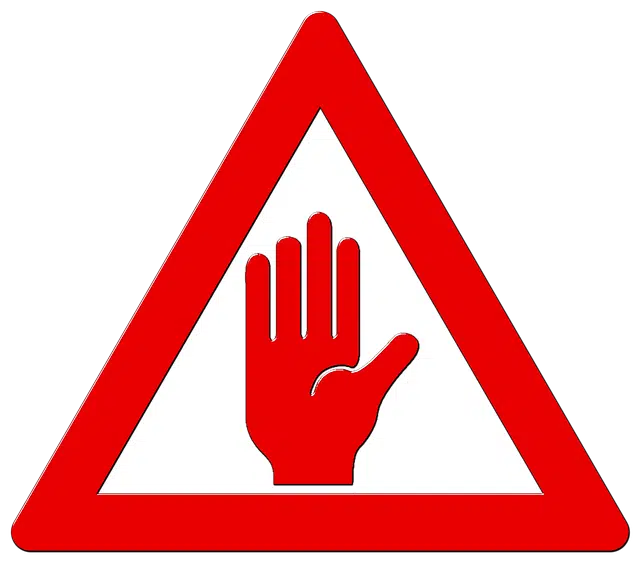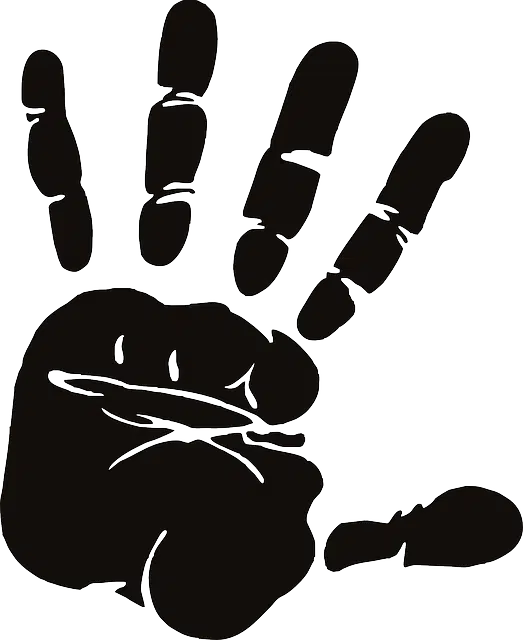
Basta is an interjection that is used to finish something.
The most common use of the term enough comes from the verb to suffice , which refers to the fact of being sufficient for a certain thing. Basta is also used as an interjection to finish something .
For example: “I don't need proof: your word is enough for me” , “Enough talking about politics! The only thing we do is argue about it” , “I think it is enough for him that you provide him with housing and food.”
In the first example , a person states that he does not require further demonstrations as proof of the veracity or authenticity of a particular fact since the words of his interlocutor are enough to confirm it. In the second, on the other hand, enough is used as an interjection to request that people no longer talk about political matters. Finally, the third example is linked to a subject who wants nothing more than shelter and food.
Different uses of the term enough
As can be seen, this word has various uses. But its versatility is unusual, since we can find it in a formal speech as well as in an informal one, as part of a cordial conversation but also in a phrase loaded with insolence or aggressiveness.
This variety can be seen especially when we compare sentences in which the term corresponds to the conjugation of the verb bastar in the third person singular of the Present tense of the Indicative mood, with others in which it is used as an interjection.
Let's look at two examples to delve into these differences: "To begin our collaboration, all you have to do is complete the following form and sign each page," "Stop bothering me, you bore!" . The first sentence can be part of a very formal conversation between two people who are preparing to create a business, for example, so there is no trace of vulgarity, while the second is a complaint that can only be expressed in an informal setting. , between two close people, such as being friends or brothers.

To ask someone to stop doing something, you can say: “Stop it! Don't do it anymore.
A type of sewing
The Royal Spanish Academy ( RAE ) mentions two other meanings of the word coarse : on the one hand, it can be an adjective to describe a person "coarse, rude, without polish, lack of delicacy" ; On the other hand, it may come from bastjan , a Germanic word that can be translated as “sew.” In the latter case, a baste is a basting : a seam that is carried out using long stitches. Furthermore, the coarse ones are the ties or ends that wool mattresses have.
The diminutive of bast, in this context, is the hem : the fold secured with stitches to ensure that a fabric does not fray at the ends.
The bast stitch is very simple and versatile, as it can be used in many different projects, ranging from sewing to embroidery. Other names it receives are hemstitch or bastille stitch. Generally, the work is done from right to left, taking as reference a previously established line and the steps to follow are as follows:
* make a knot on the back of the fabric, so that it cannot be seen from the outside, and pass the thread towards the visible part;
* Determine the distance at which we want to make the points. Generally, sections ranging from 0.5 cm to 1.5 cm are used, depending on the function we want to give to the hem;
* begin basting until completing the previously established extension , trying to respect the distance between the stitches;
* make one or two stitches at the end to finish the work.
“Basta”, an album by Quilapayún
“Basta” , finally, is the title of the fifth album released by Quilapayún .
This folklore band was founded in Chile in 1965 . The album “Basta” , which features twelve songs, was released in 1969 .
